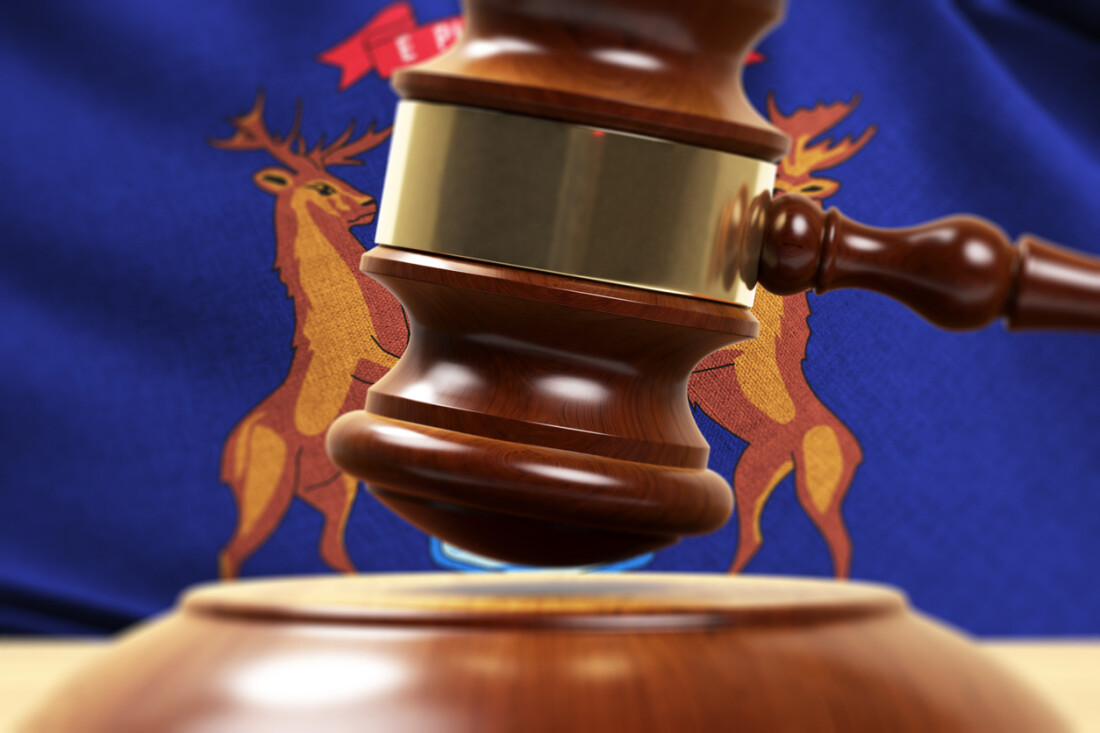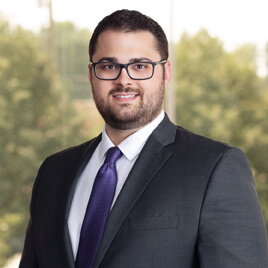
Facts of the Case
Defendants, David Trivax and Serlin, Trivax & Stern, PLLC (collectively, “Defendants”) initially defended Plaintiffs, Nasir Ali, Mir Asghar, and Mid Michigan Ambulatory Physicians (collectively, “Plaintiffs”), in a lawsuit filed by Plaintiffs’ former employee (the “First Lawsuit”). The First Lawsuit resolved through Michigan’s Case Evaluation process. Subsequent to the resolution of the First Lawsuit, Defendants advised Plaintiffs to file a second declaratory action lawsuit to confirm that the resolution of the First Lawsuit eliminated the employee’s right to receive a portion of future net profits from Plaintiffs pursuant to the employee’s employment agreement (the “Second Lawsuit”). Ultimately, the Plaintiffs lost the Second Lawsuit and subsequently filed a legal malpractice lawsuit against Defendants based on their legal advice to file the Second Lawsuit.
Legal Malpractice Standards
The Ali Court began its analysis by outlining the key principals in any legal malpractice case, stressing that “‘an attorney is obligated to use reasonable skill, care, discretion, and judgment in representing a client.”’ Ali, unpub op, at 2 (citing Simko v. Blake, 448 Mich. 548, 656 (1995)). The only issue before the Court of Appeals was whether Defendants were shielded from liability by the Attorney Judgment Rule or if Defendants breached their duty to Plaintiffs by negligently advising them to file the Second Lawsuit.
Underlying Legal Issue
In analyzing the Defendants’ recommendation to file the Second Lawsuit, the Ali Court held that the trial court should have more thoroughly analyzed the underlying legal issue—the effect of the parties’ acceptance of the Case Evaluation award to resolve the First Lawsuit. Ultimately, the Court of Appeals held that the language of MCR 2.403, which governs Case Evaluation, “could not be more clear that accepting a [C]ase [E]valuation means that all claims in the action are dismissed. CAM Constr. v. Lake Edgewood Condo Ass’n., 465 Mich. 549, 555 (2002) (emphasis in original, ellipses omitted). In short, it was clear to the Ali Court that the questions regarding the former employee’s entitlement to future earnings were resolved by the parties’ acceptance of the Case Evaluation Award in the First Lawsuit.
Attorney Judgment Rule
The Court of Appeals reaffirmed that despite an attorney’s “duty to behave as would an attorney of ordinary learning, judgment or skill under the same or similar circumstances,” an attorney is not “answerable for mere errors in judgment” as long as the attorney “acts in good faith and in honest belief that his acts and omissions are well founded in law…” Simko, 448 Mich. at 656, 658. However, the Ali Court held that the Attorney Judgment Rule does not protect Defendants’ conduct where the finality of Case Evaluation was clearly stated in MCR 2.403 and in Michigan case law for the last twenty-one years. Ali, unpub op, at 6. In short, while a “conceivable” argument could be proffered as to how the Second Lawsuit could have benefited Plaintiffs, the proper standard is a “good faith basis,” not conceivability. Thus, the Ali Court held that the Attorney Judgment Rule does not extend to an attorney’s incorrect legal advice to file a second (and unnecessary) lawsuit contrary to controlling Michigan law. Moreover, the Ali Court held that the determination of whether the Attorney Judgment Rule applies is an appropriate question for the jury, which will makes succeeding on summary disposition based upon the Attorney Judgment Rule an uphill struggle.
Photo: iStock.com/baris-ozer



